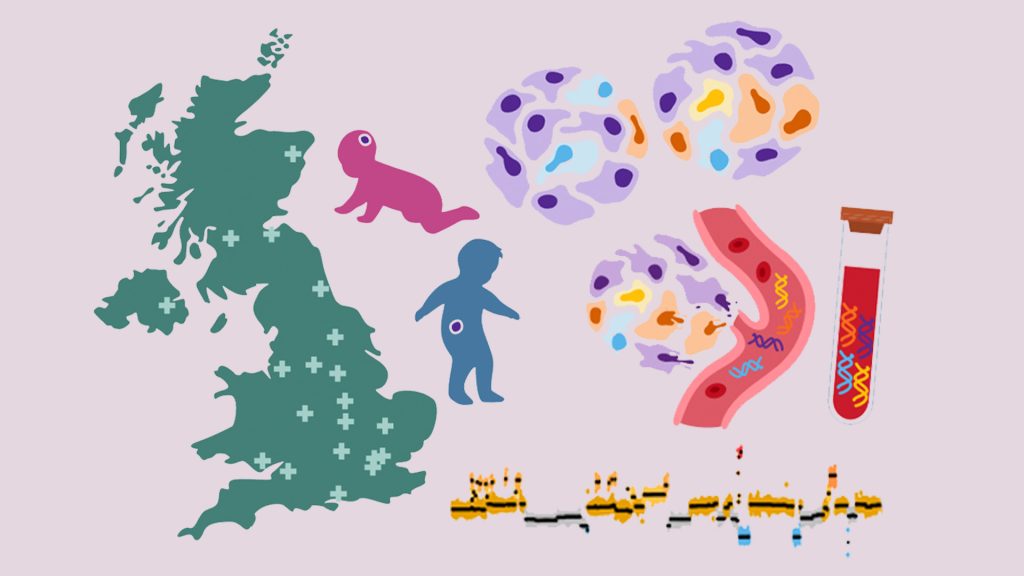Immune-mediated diseases: different but similar

More than 80 immune-mediated diseases have been identified to date. However, it is unclear whether the same genetic factors underpin their onset. By coupling statistical methods with genome-wide association studies (GWAS), the Soskic group has shown that diverse immune-mediated diseases have distinct genetic patterns that converge on activating the same cells and signalling pathways.
Immune-mediated diseases are characterised by abnormal activity of immune cells, which – in healthy conditions – help the body fight external insults. Both environmental, such as pathogen exposure, and host factors including heredity and age are responsible for the malfunctioning of immune cells and can lead to the onset of immune-mediated diseases.
GWAS has made it possible to identify hundreds of small variations (single nucleotide polymorphisms, in short SNPs) that are associated with immune-mediated disorders in large groups of people. Many of these SNPs have been implicated in the onset of multiple immune diseases, suggesting that immune-mediated disorders may arise from common genetic risk factors.
To test this hypothesis, Pietro Demela, Nicola Pirastu and Blagoje Soskic from the Population and Medical Genomics Research Centre at Human Technopole applied statistical methods to analyse GWAS data from the European population in nine immune-mediated diseases (i.e., Crohn’s disease, ulcerative colitis, primary sclerosing cholangitis, juvenile idiopathic arthritis, systemic lupus erythematosus, rheumatoid arthritis, type 1 diabetes, eczema, and asthma). The results of the research are now published in Nature Communications.
The study revealed that these diseases fall into three main classes: diseases affecting the gastrointestinal tract, rheumatic and systemic disorders, and allergic diseases. Each class displayed a specific pattern of genetic associations and only a few common loci between classes could be found. Although the three groups had a very different genetic signature, the associated genes converged on the same set of molecular pathways, which are involved in immunity and inflammatory response. In particular, the study showed that associated genes were involved in T cell activation and cytokine signalling.
“Our study shows that there are common genetic mechanisms that drive the pathogenesis of immune-mediated diseases and suggests that identifying cross-disorder cohorts of immune diseases could increase the power of identifying the causes of a disease”, says Blagoje Soskic, principal investigator and leader of the research.
The team then used the freely available Open Targets platform to test whether disease-specific gene products (i.e., proteins) could be potential drug targets. They found that eight of the 46 genes identified across the three disease classes encoded proteins for which drugs are already used in the clinics or clinical trials. Importantly, four of these eight genes were potential new candidates for drug repurposing, while the other four have previously been used for the treatment of autoimmune diseases.
In summary, Demela et al. show that immune-mediated diseases can be divided into several groups, each with a distinct genetic pattern, and that the risk factors associated with a certain disease class converge on the same immune cell type and cellular pathway. This provides evidence for the causal role of genes in a specific group of diseases and would be useful for the discovery of new potential therapeutic targets.




